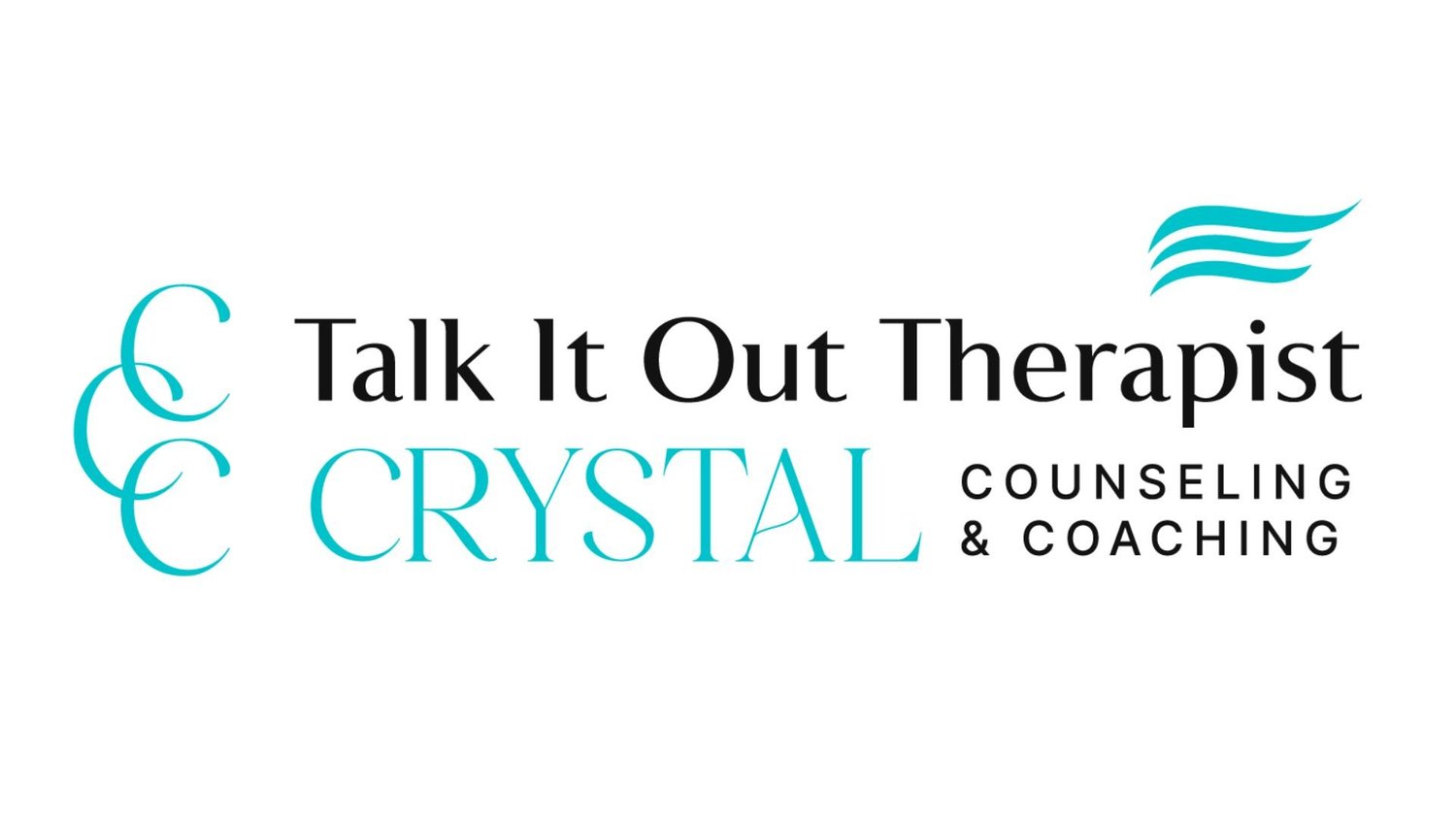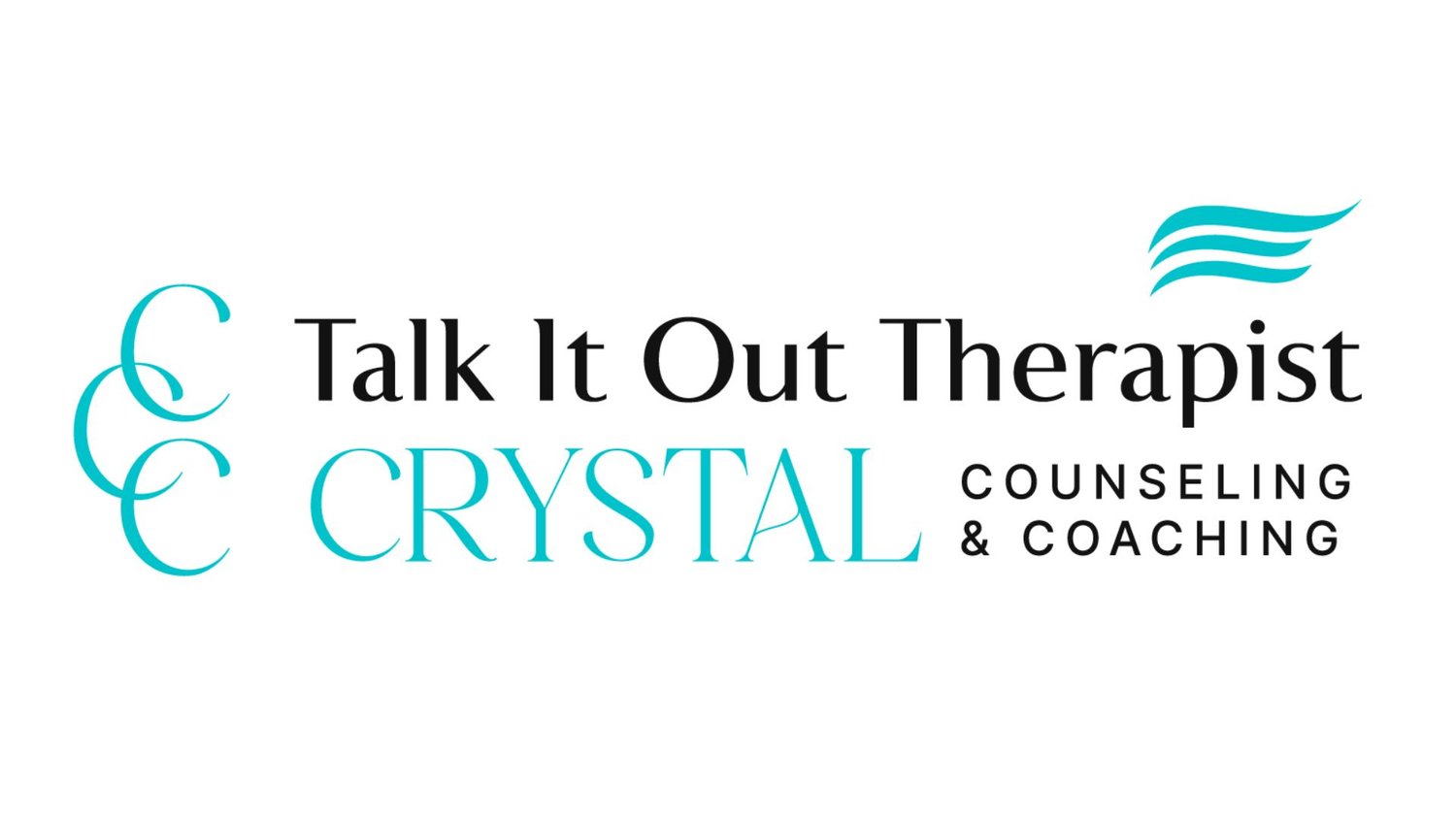Navigating Relationships and Setting Healthy Boundaries
In today’s fast-paced world, relationships can often become overwhelming. Whether with family, friends, or romantic partners, understanding how to navigate these connections while setting healthy boundaries is essential for maintaining mental well-being and fostering positive interactions. In this blog, we will explore the importance of boundaries, how to establish them, and the benefits of doing so.
What Are Healthy Boundaries?
Healthy boundaries are the limits we set in our relationships to protect our emotional, mental, and physical well-being. They define what is acceptable behavior from others and what we are comfortable with. Boundaries can be physical, emotional, or time-related, and they help create a safe space for individuals to express themselves without feeling overwhelmed or taken advantage of.
Why Are Healthy Boundaries Important?
1. Promotes Self-Respect
Setting boundaries shows that you value yourself and your needs. It reinforces the idea that you deserve respect and consideration from others.
2. Enhances Communication
Clear boundaries facilitate open and honest communication. When you express your limits, it encourages others to do the same, leading to healthier interactions.
3. Reduces Stress and Anxiety
Knowing your limits helps prevent feelings of overwhelm. Boundaries can reduce stress by allowing you to prioritize your well-being and avoid situations that drain your energy.
4. Fosters Healthy Relationships
Healthy boundaries create a foundation for mutual respect and trust. They help establish a balance in relationships, where both parties feel valued and understood.
How to Set Healthy Boundaries
1. Identify Your Needs
Reflect on your feelings and identify what you need in your relationships. Consider what makes you feel comfortable, respected, and safe.
2. Communicate Clearly
Once you’ve identified your needs, communicate them clearly and assertively. Use “I” statements to express how certain behaviors affect you, such as “I feel overwhelmed when…”
3. Be Consistent
Consistency is key when enforcing boundaries. If you set a limit, stick to it. This reinforces your commitment to your own well-being and helps others understand your limits.
4. Practice Self-Care
Prioritize self-care to reinforce your boundaries. Engage in activities that recharge you and help you maintain a healthy mindset.
5. Be Prepared for Pushback
Not everyone will respond positively to your boundaries. Be prepared for resistance, and remember that it’s okay to stand firm in your decisions.
Tips for Navigating Relationships with Boundaries
1. Start Small
If you’re new to setting boundaries, start with small changes. Gradually increase your assertiveness as you become more comfortable.
2. Use Support Systems
Seek support from friends, family, or a therapist. Discussing your boundary-setting journey can provide encouragement and accountability.
3. Reflect on Your Progress
Regularly assess how your boundaries are affecting your relationships. Reflect on what’s working and what may need adjustment.
4. Be Kind to Yourself
Remember that setting boundaries is a learning process. Be patient with yourself as you navigate this journey.
Conclusion
Navigating relationships while setting healthy boundaries is essential for personal well-being and fostering positive connections. By understanding the importance of boundaries and implementing strategies to establish them, you can create a more balanced and fulfilling relational landscape. Embrace the power of boundaries, and watch your relationships thrive as you cultivate mutual respect and understanding.



